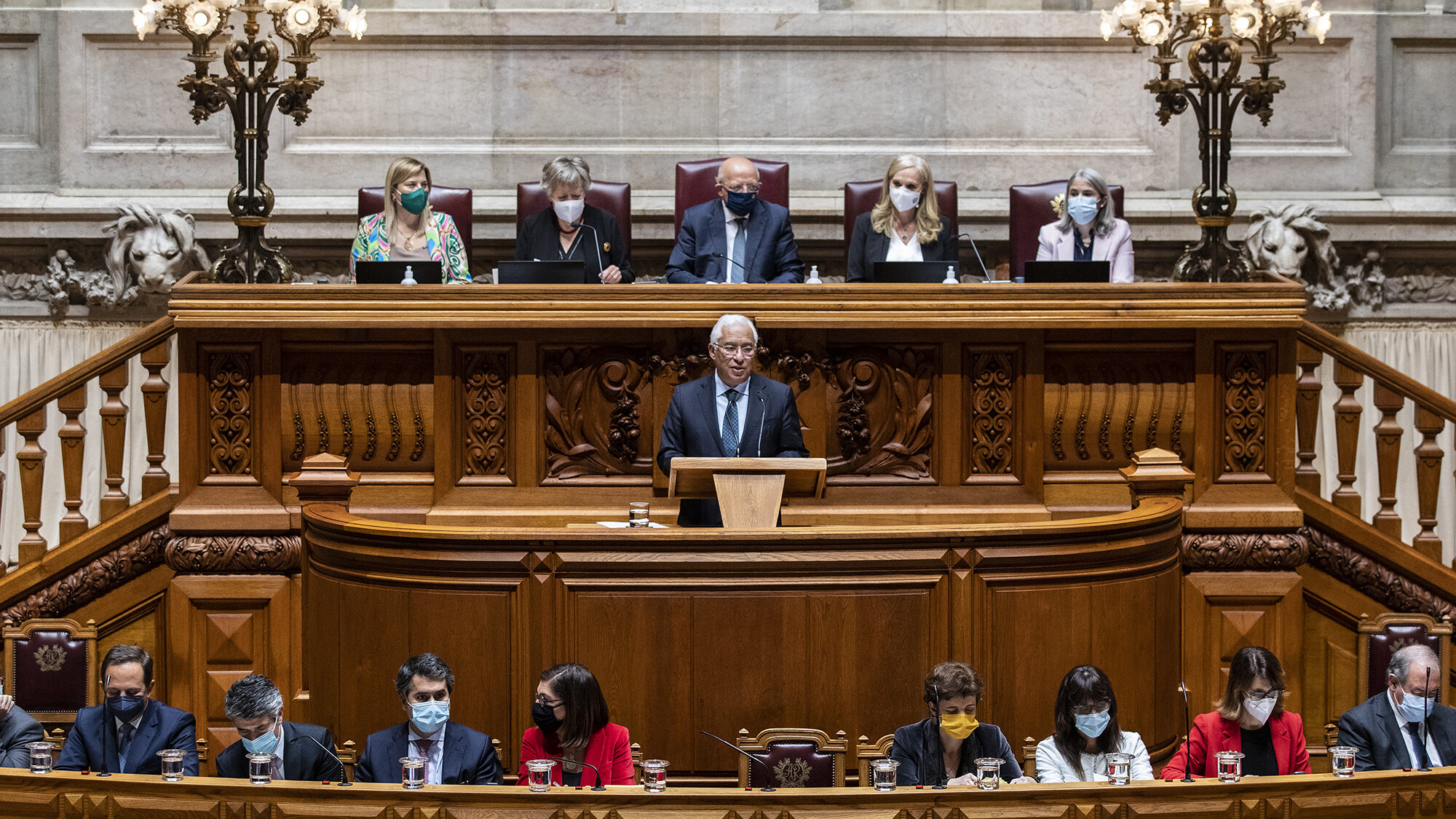Small companies in large groups not exempt from windfall tax
Micro and small food distribution companies that are part of groups of companies with a turnover of more than €100 million will not benefit from exemption from the windfall tax.
Micro and small food distribution companies that are part of groups of companies with a turnover of more than €100 million will not benefit from exemption from the windfall tax, according to a Socialist Pary proposal approved today.
Members of the Budget and Finance Committee (COF) voted today and approved the government’s proposal to regulate the temporary solidarity contribution (CST) in the energy and food distribution sectors, as well as an amendment proposal endorsed by the PS, having rejected the PSD, PCP and PAN amendment proposals.
In the proposal that was sent to parliament, the government removed from the scope of the CST of food distribution companies “that qualify, in the tax period of the contribution, as micro or small enterprises”.
Today the COF approved an amendment presented by the PS, which determines that this exemption from the payment of the CST for food distribution “shall not apply” when a taxable person covered by the “special taxation scheme for groups of companies” is involved and the “turnover of the group of companies with reference to the tax period in question is more than €100 million”.
This exemption was the target of several criticisms on Tuesday during the debate on the government’s proposal, with the PSD tabling an amendment proposal so that also medium-sized companies would be excluded from paying this tax on excessive profits (known as ‘windfall tax’).
The Social Democrats’ proposal was, however, rejected, as were all those tabled by the PAN and PCP, which advocated, among other measures, extending this extraordinary contribution on excessive profits to other sectors and a different way of accounting for profits.
At stake is the application of a CST to the energy and food distribution sectors on excess profits determined in the tax periods for corporate income tax purposes starting in the years 2022 and 2023.
For the purposes of applying this rate, it is considered that the part of the taxable profits that exceeds the corresponding 20% increase in relation to the average of the taxable profits in the four tax periods starting in the years 2018 to 2021 constitutes excess profits.
Thus, for the part in which they exceed the average taxable profits by 20%, companies will be asked to pay a rate of 33%.
Among the proposed amendments tabled by the position and rejected by the Socialist majority, there is also one from the PSD, which determined that by March 31 of each year, the government would send Parliament a “detailed report of the consignment of revenue collected”.
The final overall vote on the government initiative is scheduled for Thursday.


